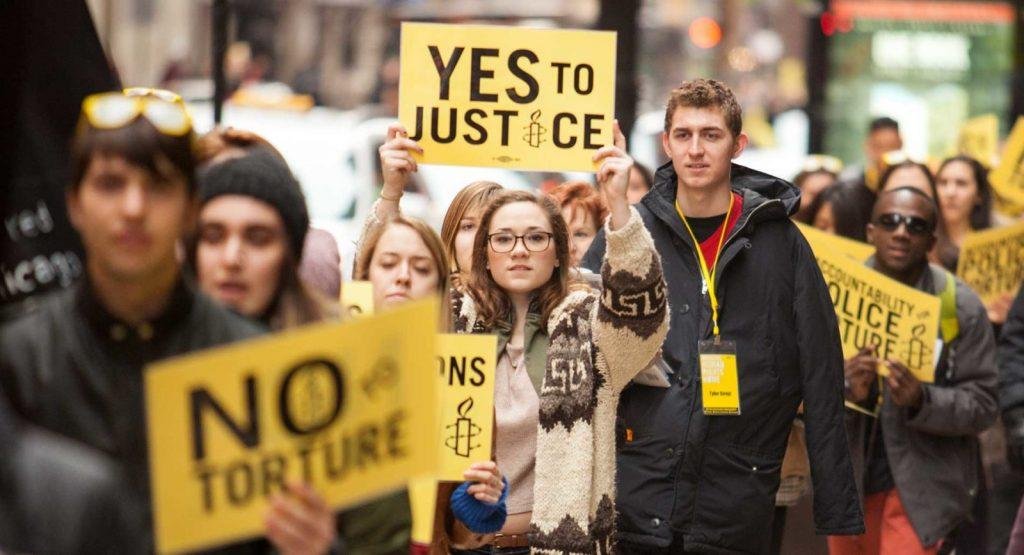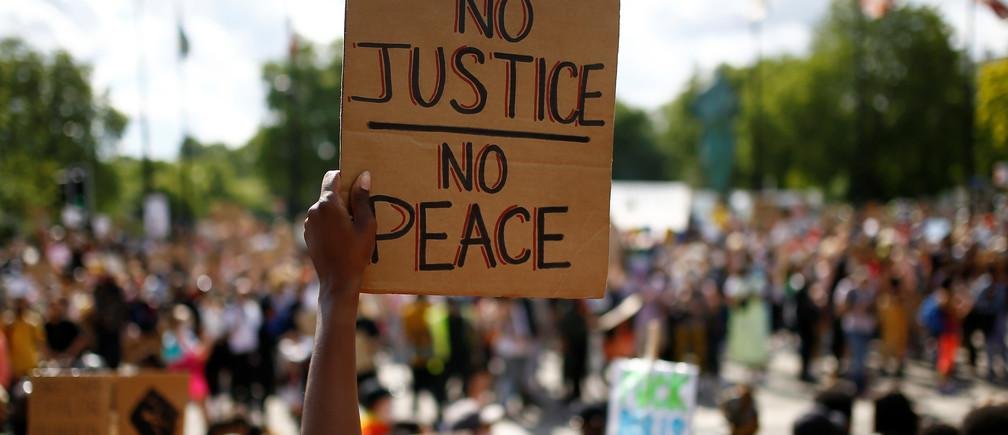Political activism and social movements
This topic examines the role of social movements and grassroots activism in shaping politics, including examples such as the women’s suffrage movement, the civil rights movement, and the #MeToo movement.
Political activism and social movements have played a significant role in shaping politics throughout history. Social movements are collective efforts by groups of people to bring about social, political, or cultural change.

These movements can be sparked by a wide range of issues, from civil rights to environmental protection, and often involve grassroots activism, such as protests, rallies, and community organizing.
In this essay, we will examine the role of social movements and grassroots activism in shaping politics, including examples such as the women’s suffrage movement. The civil rights movement, and the #MeToo movement.
One of the most significant examples of political activism and social movements is the women’s suffrage movement.
The suffrage movement spanned decades and utilized peaceful protests and civil disobedience to secure women’s right to vote.
It significantly expanded political rights for women and paved the way for movements advocating gender equality.
Another pivotal example is the mid-twentieth-century civil rights movement in the United States.
This movement sought to end racial segregation and discrimination and involved a range of tactics, including sit-ins, boycotts, and marches.
The civil rights movement played a critical role in advancing the cause of racial justice and led to significant legal and political reforms. Including the Civil Rights Act of 1964 and the Voting Rights Act of 1965.
In recent years, the #MeToo movement has emerged as a significant example of political activism and social movements. Since 2017, the #MeToo movement has raised awareness about sexual harassment and assault. Sparking public condemnation of implicated individuals and institutions.
It has driven significant changes in workplace policies and cultural attitudes toward such behavior.
Social movements and grassroots activism employ tactics like protests, boycotts, and civil disobedience to effect change.
These methods are effective in raising public awareness and pressuring policymakers and institutions to respond to movement concerns. However, these tactics can also be controversial and may lead to conflict and confrontation with law enforcement or other groups.
Another important feature of social movements and grassroots activism is the role of leadership and organization. While social movements are often characterized by their grassroots nature and lack of formal leadership. Successful movements often rely on the leadership of charismatic figures or well-organized groups.
Effective organization and leadership can help to mobilize supporters, articulate a clear message, and sustain momentum over time.
Social movements and grassroots activism have historically shaped politics and remain crucial for change today.
They bring attention to key issues, mobilize political support, and pressure policymakers to address movement concerns.
Though often controversial, they are essential for driving social, political, and cultural progress. 온라인카지노


